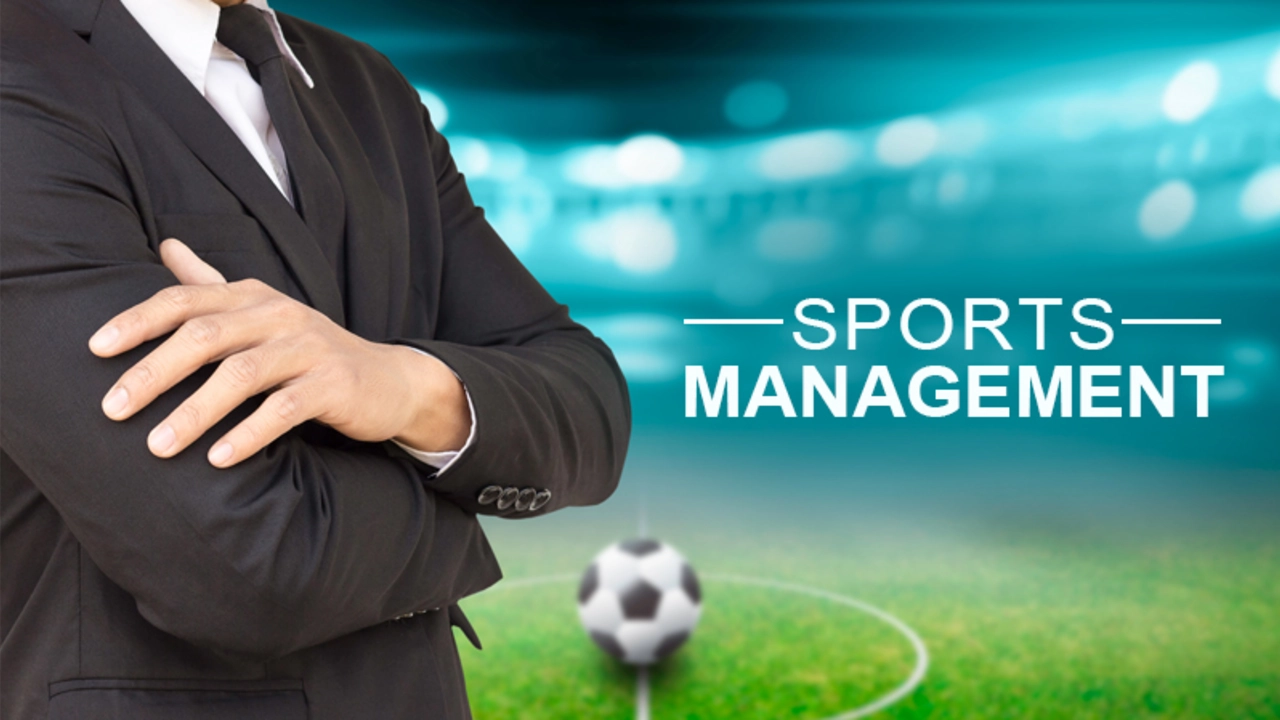Responsibilities in Soccer and Sports
When talking about responsibilities, the set of tasks, duties, and expectations assigned to a person or group. Also known as obligations, it defines what each role must deliver on the field and off it.
One key area is soccer player responsibilities, the actions and attitudes a player must uphold to help the team succeed. From staying fit to understanding tactical cues, a player’s duties directly affect match outcomes. Another major piece is coach responsibilities, planning training, setting line‑ups, and managing player morale. A good coach translates strategy into everyday practice, so the squad can execute the game plan. Finally, team duties, collective obligations like communication, discipline, and community outreach tie everything together and shape the club’s identity.
Why Responsibilities Matter Across Sports
Responsibilities encompass player duties, coach duties, and media duties, forming a network that drives performance. For example, a defender’s responsibility to stay organized allows a striker to focus on finishing, while a coach’s responsibility to analyze opponents influences the tactical tweaks that can turn a draw into a win. Media responsibilities, such as providing accurate match updates, keep fans engaged and help clubs build a loyal following. These connections form clear semantic triples: "Responsibilities influence player development," "Team duties require clear communication," and "Coach responsibilities shape tactical decisions."
In practice, responsibilities show up in every post you’ll find below. The piece about improving as a soccer player breaks down individual duties like regular ball‑touch, fitness routines, and game‑sense study. The article on common soccer misconceptions highlights how media responsibilities can spread myths, while the discussion about why the US isn’t a global soccer power points to systemic duties that clubs and federations have missed. Even the guide on watching the FIFA World Cup touches on fan responsibilities – staying informed about schedules and respecting broadcast rules.
Understanding each role’s duties helps you spot where things go wrong. Dive‑selling players, for instance, often exploit referee responsibilities, turning a simple foul into a game‑changing call. Knowing the right balance of responsibilities lets you appreciate why a well‑executed walk‑off kick, like Matt Prater’s in the Bills vs Ravens clash, feels satisfying – the kicker fulfilled his duty under pressure, and the team’s defensive responsibilities held firm.
Below you’ll discover a curated mix of articles that explore these angles. Whether you’re looking for practical tips to sharpen your own duties on the pitch, insights into how coaches manage team responsibilities, or a deeper look at how media and fans shape the sport’s narrative, the collection has you covered. Dive in and see how responsibilities drive the beautiful game forward.
What do soccer agents do?
In my recent exploration into the world of soccer, I've found that soccer agents play a crucial role. These professionals negotiate contracts for players, ensuring the best possible terms for their clients. They also scout and recruit new talent, offering advice and guidance to budding players. Moreover, they handle public relations matters and can even assist with career management post-retirement. So, in essence, soccer agents are the backbone that supports a player's professional journey.

 Sports Analysis
Sports Analysis